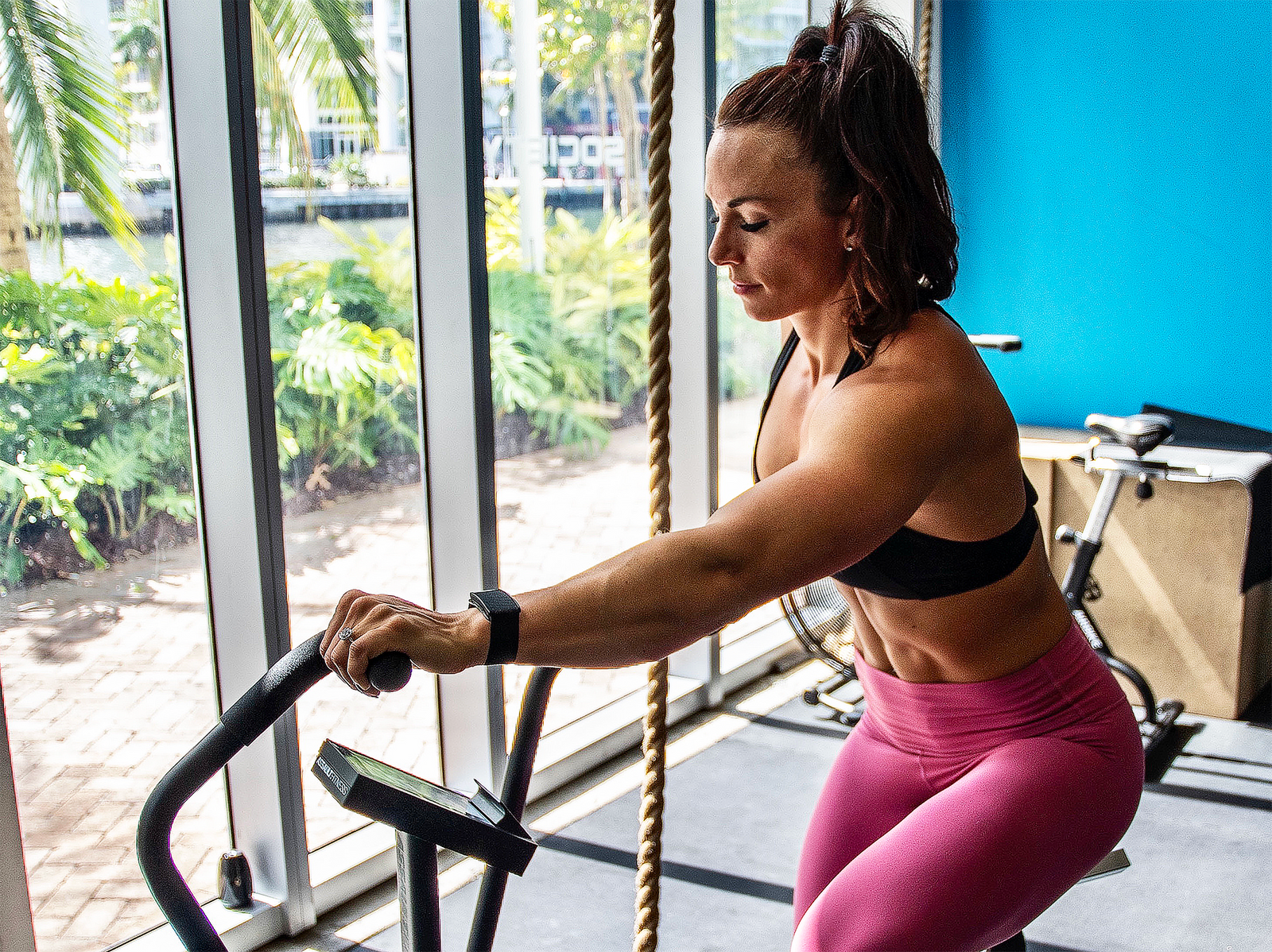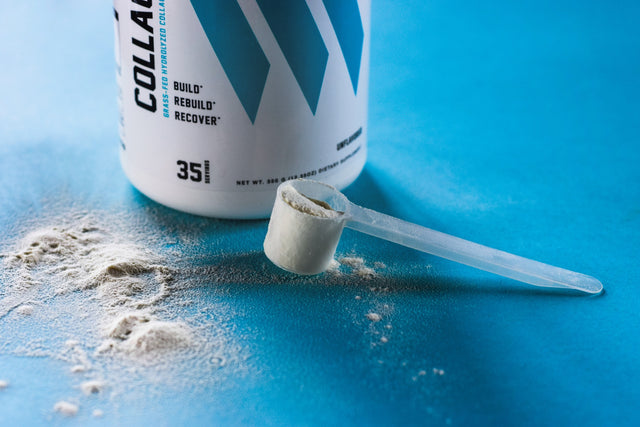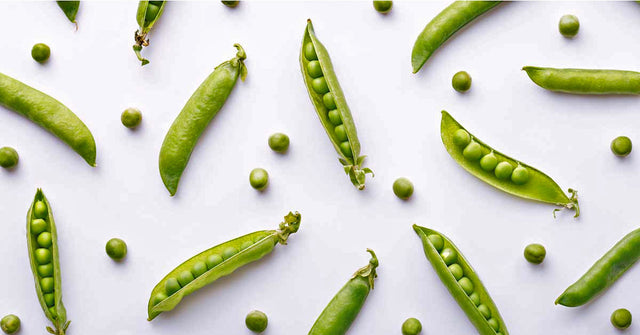Understanding Muscle Growth and Protein Synthesis
Building muscle isn’t just about lifting weights—it's about what happens afterward. The key physiological process responsible for muscle repair and growth is muscle protein synthesis (MPS), which is triggered by both exercise and amino acid intake. When optimized through proper training and nutrition, MPS allows your body to recover and rebuild stronger muscle fibers.
This guide will break down the science behind muscle protein synthesis, explain how to maximize it through supplementation and nutrition, and bust common myths that can slow your progress.
The Role of Protein in Muscle Development
Protein is essential for building muscle tissue. During strength training or intense physical activity, your muscle fibers experience micro-tears. Your body responds by repairing and rebuilding these tissues through protein synthesis, using amino acids as the building blocks.
Without sufficient protein—or more specifically, the essential amino acids (EAAs)—this recovery process is impaired, and muscle growth becomes limited. Research shows that leucine, a branched-chain amino acid (BCAA), is a particularly powerful trigger for MPS through its activation of the mTOR pathway (Atherton, Am J Clin Nutr).
Key Factors Influencing Protein Synthesis
Several variables affect your body’s ability to stimulate and sustain MPS, including:
-
Training type and intensity
-
Nutrient availability
-
Amino acid composition
-
Meal timing
-
Hormonal state (e.g., insulin, testosterone)
-
Overall protein intake
While exercise is a potent stimulator of MPS, nutrient intake—especially protein—is the most critical modifiable factor. Research shows that in a fasted state, muscle protein breakdown (MPB) exceeds synthesis. However, in a fed state, MPS can surpass MPB, putting the body in an anabolic state (Phillips, J Appl Physiol).
Types of Proteins and Their Effects on Muscle Growth
Not all proteins are created equal. The best proteins for muscle development are complete proteins, which contain all nine EAAs.
Top sources of complete proteins:
-
Whey Protein Isolate
-
Egg whites
-
Chicken breast
-
Fish
-
Dairy
-
Plant-based blends (when paired properly)
Whey protein, in particular, is rapidly digested and rich in leucine, making it ideal for pre- and post-workout nutrition. One study from the University of Birmingham showed that:
-
10g of whey protein had no effect on MPS
-
20g increased MPS by 49%
-
40g increased MPS by 56% but also elevated urea levels (Moore et al., J Physiol)
Recommended product: Swolverine Whey Protein Isolate
Optimal Timing for Protein Intake
Timing matters. The anabolic response to protein is greatest immediately before or after your workout. This is when your muscles are most sensitive to nutrients and primed for recovery.
-
Pre-workout: Flood your bloodstream with amino acids for performance and to kickstart recovery
-
Intra-workout: Use BCAAs to prevent muscle breakdown during long/high-volume sessions
-
Post-workout: Prioritize 20–40g of fast-digesting protein within 30–60 minutes after training
Pairing protein with carbohydrates also enhances nutrient absorption and promotes glycogen replenishment, which supports recovery.
Recommended stack:
The Importance of Resistance Training
You can’t stimulate muscle protein synthesis without a trigger—resistance training is that trigger. Training that causes mechanical tension and muscle damage increases both MPS and MPB. The net effect determines if you gain or lose muscle.
For hypertrophy:
-
Focus on progressive overload
-
Train each muscle group 2–3 times per week
-
Combine compound and isolation movements
-
Get adequate rest and recovery
Without protein, however, the stimulus from training can push you into a catabolic state—especially in high-intensity modalities like CrossFit or HIIT.
Nutritional Strategies to Enhance Protein Synthesis
-
Meet daily protein requirements:
-
General population: 0.8 g/kg
-
Active individuals: 1.4–2.0 g/kg
-
Elite athletes: Up to 2.2 g/kg
-
-
Distribute protein evenly across 3–5 meals per day to optimize the muscle-building response.
-
Use fast-digesting proteins like whey after training to maximize the anabolic window.
-
Combine protein with carbohydrates post-workout to support both protein synthesis and glycogen replenishment.
-
Consider adding L-Glutamine to reduce post-exercise soreness and improve recovery (Cruzat, Amino Acids).
Recommended product: Swolverine L-Glutamine
Supplements That Support Muscle Growth
Here are the top supplements that support MPS and muscle development:
| Supplement | Primary Benefit | Recommended Product |
|---|---|---|
| Whey Protein Isolate | Rapid MPS stimulation post-exercise | Swolverine Whey Protein Isolate |
| BCAAs (2:1:1) | Inhibit muscle breakdown, boost intra-workout recovery | Swolverine BCAA 2:1:1 |
| L-Glutamine | Reduces soreness, enhances immune health | Swolverine L-Glutamine |
| Clean Carbs | Replenish glycogen, support endurance and strength | Swolverine Clean Carbs |
Common Myths About Protein and Muscle Building
Myth 1: You can only absorb 30g of protein per meal
Reality: Your body absorbs all protein; the 30g "limit" refers to the maximum anabolic effect per dose—not total absorption.
Myth 2: You must eat protein every 2 hours
Reality: Protein timing matters, but total daily intake is more important.
Myth 3: Plant proteins can’t build muscle
Reality: They can—when combined properly to ensure all essential amino acids are present.
Myth 4: More protein always equals more muscle
Reality: Excess protein beyond your needs offers no extra muscle-building benefit and can be stored as fat.
Final Takeaway: Maximize Your Gains With Strategy
Muscle protein synthesis is the foundation of muscle growth, but it's influenced by more than just training. A deliberate, consistent approach that includes resistance exercise, strategic nutrition, and targeted supplementation is what drives meaningful results.
By understanding how to stimulate and support MPS, you give your body every opportunity to recover, rebuild, and grow stronger.
Need help with a personalized recovery stack or nutrition strategy? Let’s build something that works for your goals.













